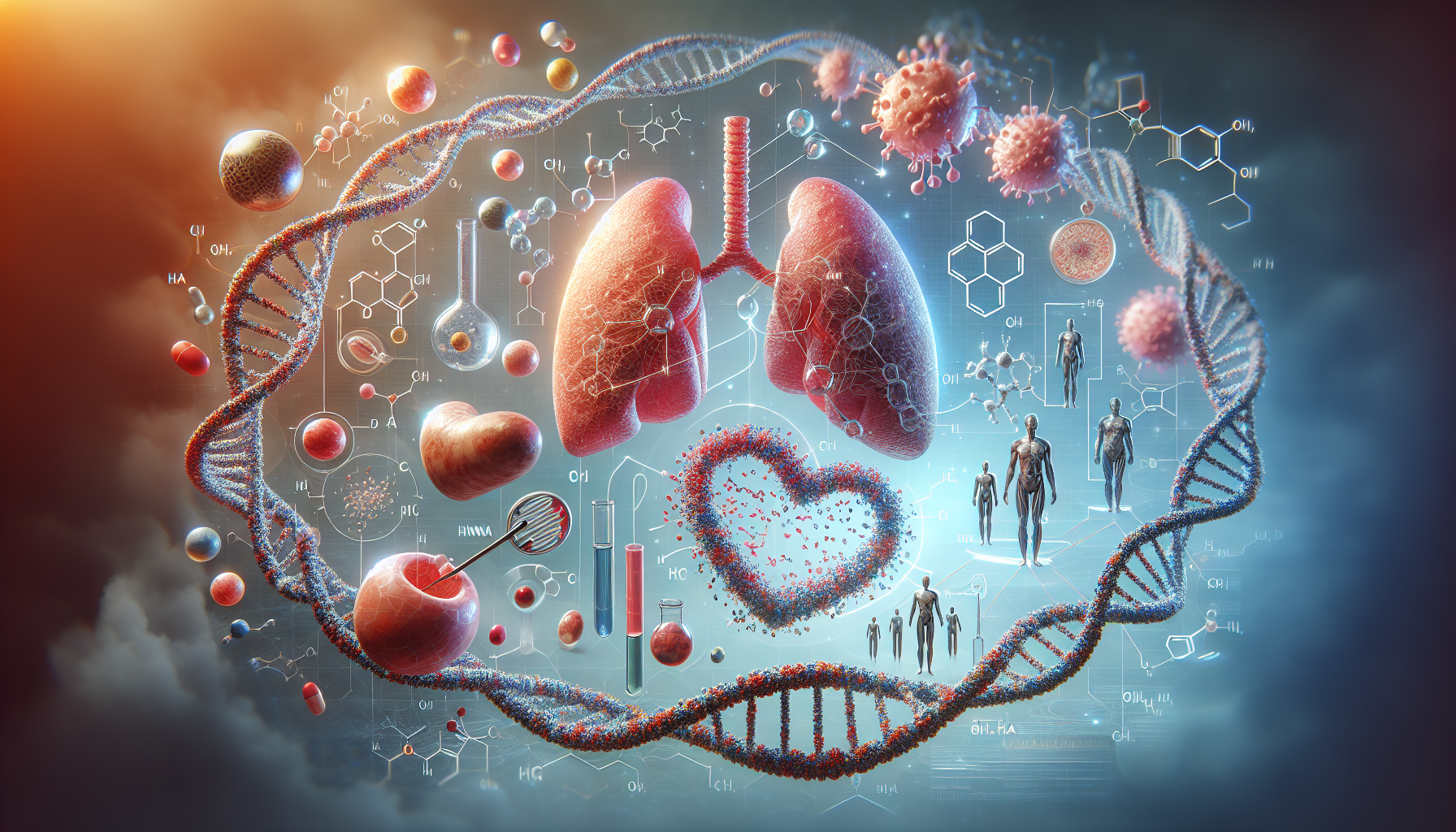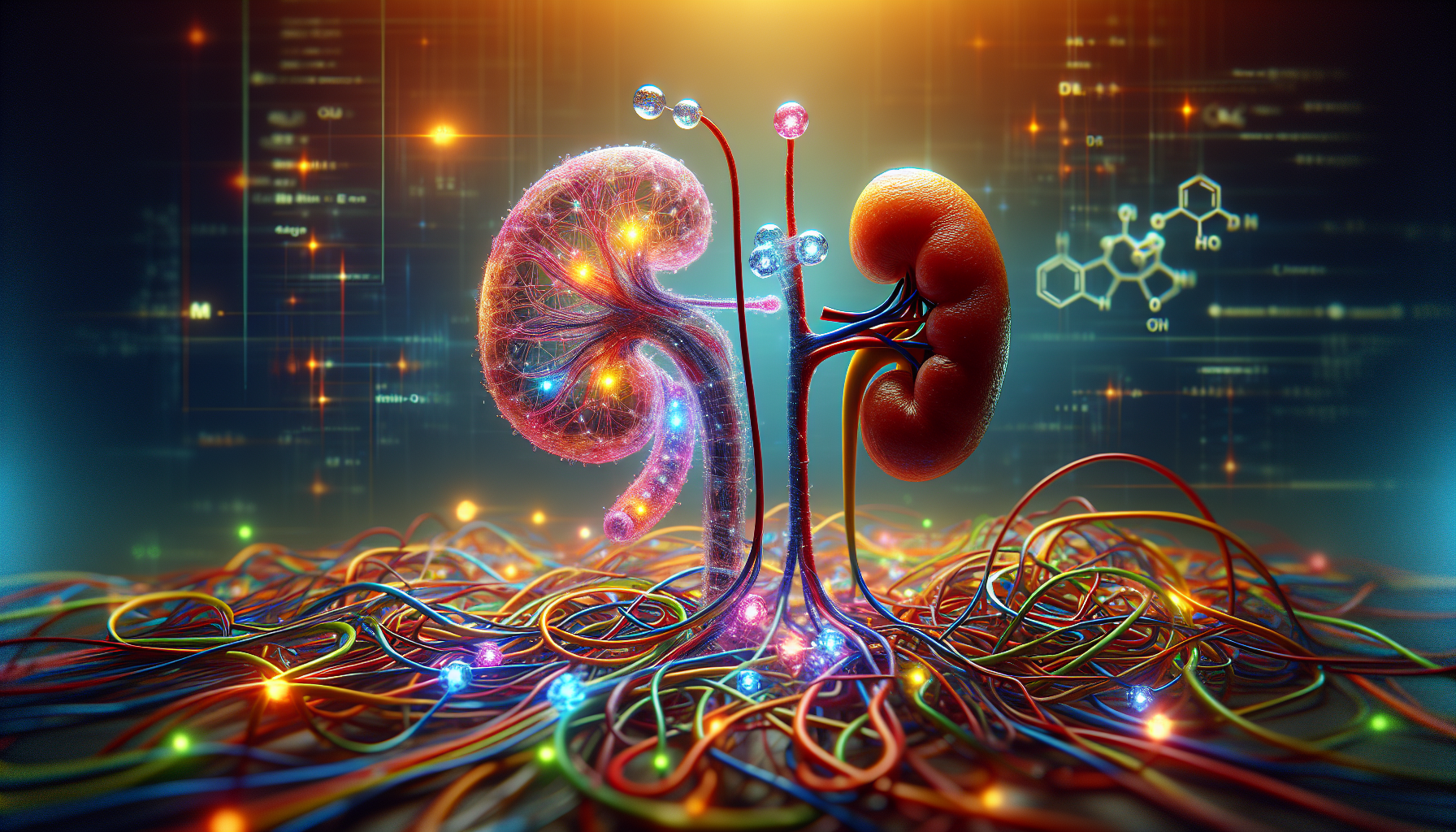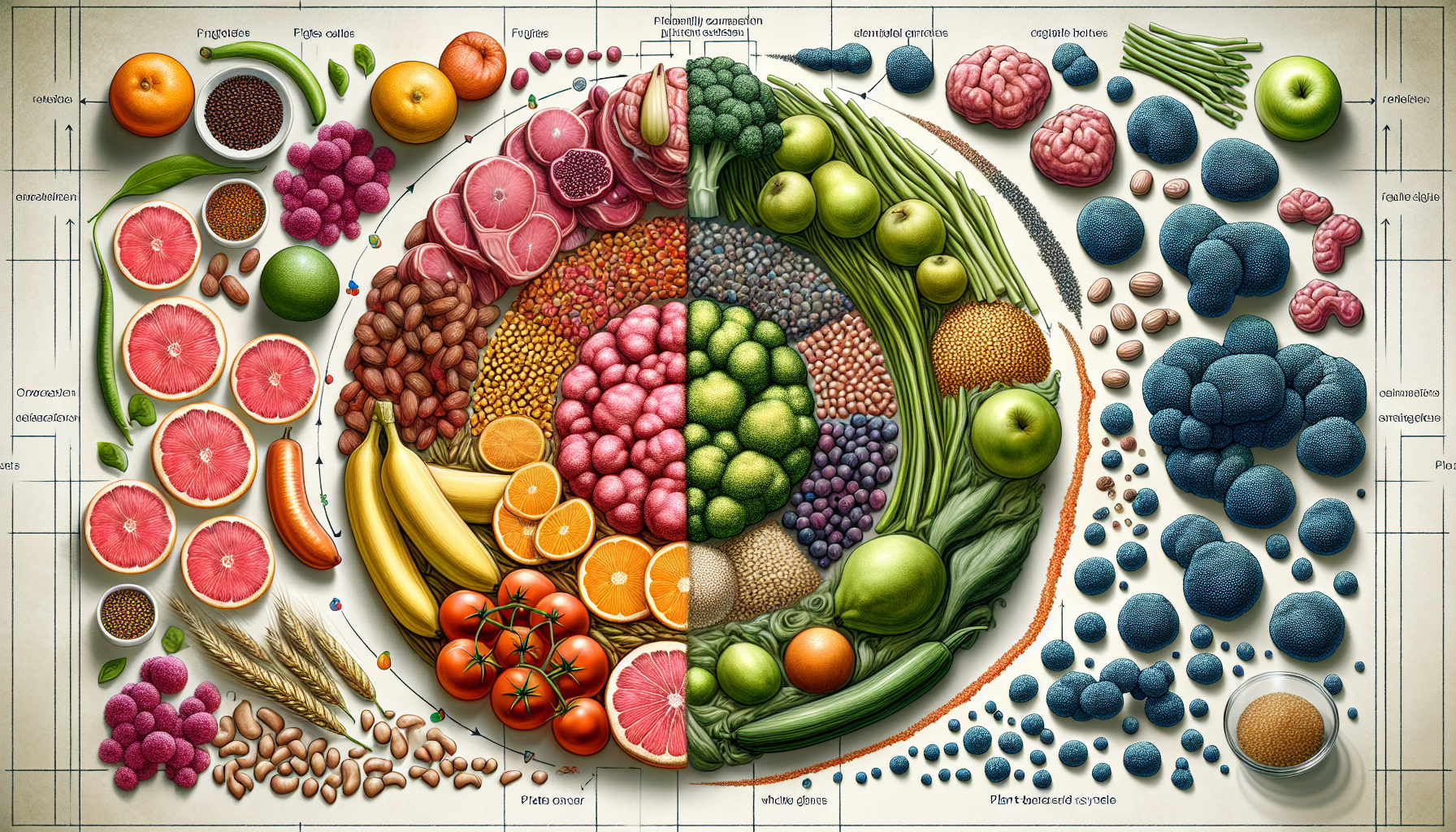Boost Your Diet with Flavonoids to Reduce Type 2 Diabetes Risk
Key Takeaways
- Flavonoids in foods like berries, apples, and tea may significantly reduce type 2 diabetes risk.
- Higher Flavodiet Scores correlate with lower diabetes incidence.
- Specific flavonoid subclasses offer unique benefits for metabolic health.
Did You Know?
What are Flavonoids?
Flavonoids are a group of natural compounds found in many fruits, vegetables, and beverages like tea and wine. These compounds are known for their antioxidant properties and their ability to help the body fight inflammation.
Common sources of flavonoids include foods such as berries, apples, and dark chocolate, as well as drinks like green and black tea. Recent studies show that a diet rich in these foods may play a significant role in preventing type 2 diabetes.
The Study on Flavonoids and Type 2 Diabetes
Researchers, led by Alysha S. Thompson from Queen’s University Belfast, conducted a study involving over 113,000 participants from the U.K. Biobank cohort. They observed their diets and monitored their health over an average of 12 years. The study specifically looked at the intake of flavonoid-rich foods and the onset of type 2 diabetes.
Participants with higher Flavodiet Scores, which indicate a higher intake of flavonoid-rich foods, showed a notably reduced risk of developing type 2 diabetes. For instance, those consuming six servings of these foods daily had a 28% lower risk compared to those consuming only one serving.
Food Impact on Diabetes Risk Reduction
The researchers found that specific foods contributed significantly to reducing the risk of type 2 diabetes. Four servings of black or green tea daily were associated with a 21% lower risk. Similarly, daily consumption of one serving of berries reduced the risk by 15%, and one apple a day was linked to a 12% reduced risk.
These foods seem to offer protective benefits due to the unique compounds they contain, which help improve insulin sensitivity and protect against the inflammation and metabolic issues that often precede diabetes.
Benefits of Flavonoid Subclasses
Different types of flavonoids were associated with varying degrees of risk reduction. For instance, higher intake of flavones, proanthocyanidins, and flavonols were linked to reduced risk estimates ranging between 19% and 28%. This indicates that not only overall flavonoid intake but also specific subclasses contribute to diabetes prevention.
Mechanisms Behind the Protective Effects
The protective effects of flavonoids may stem from several biological mechanisms. Flavonoids can improve insulin sensitivity and reduce insulin resistance, both crucial factors in maintaining healthy blood sugar levels. Moreover, they positively influence lipid profiles, which help manage weight gain and support overall metabolic health.
This study suggests that flavonoids might also improve kidney functions and reduce inflammation, both of which play vital roles in preventing the onset of diabetes. These compounds may increase feelings of fullness and boost energy metabolism, further aiding in weight management.
Considerations and Limitations
While the findings are promising, the researchers acknowledge some limitations. For instance, there may have been underreporting of dietary habits or recall biases among participants. The study, however, supports existing dietary guidelines emphasizing increased fruit and vegetable consumption, especially flavonoid-rich foods like berries and apples.
Conclusion
Incorporating more flavonoid-rich foods into your diet not only aligns with general nutritional recommendations but also specifically reduces the risk of type 2 diabetes. This points to the role of individual foods and their unique compounds in maintaining health and preventing disease.
As you plan your meals, consider adding more berries, apples, and cups of tea to your day. Your body may thank you for it!
References
- Nutrition and Diabetes Journalhttps://www.nature.com/articles/s41387-020-0013-2
- Queen’s University Belfasthttps://www.qub.ac.uk/Research/GRI/TheInstituteForGlobalFoodSecurity
- U.K. Biobankhttps://www.ukbiobank.ac.uk





